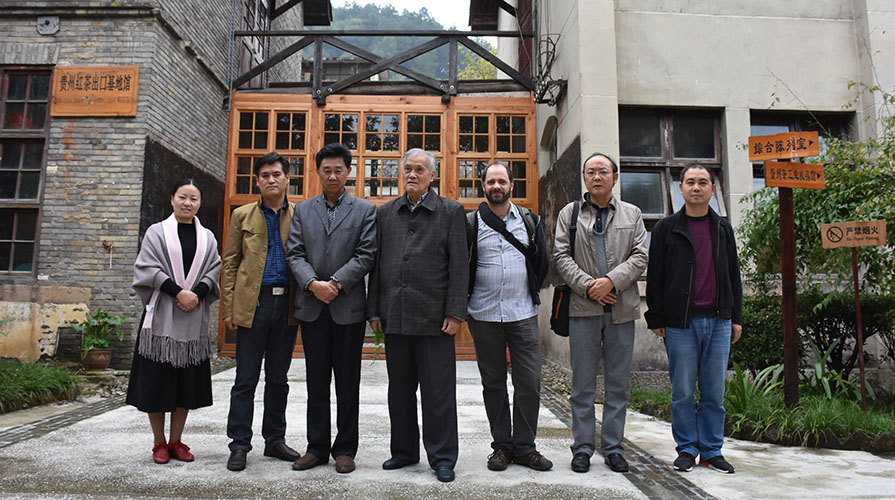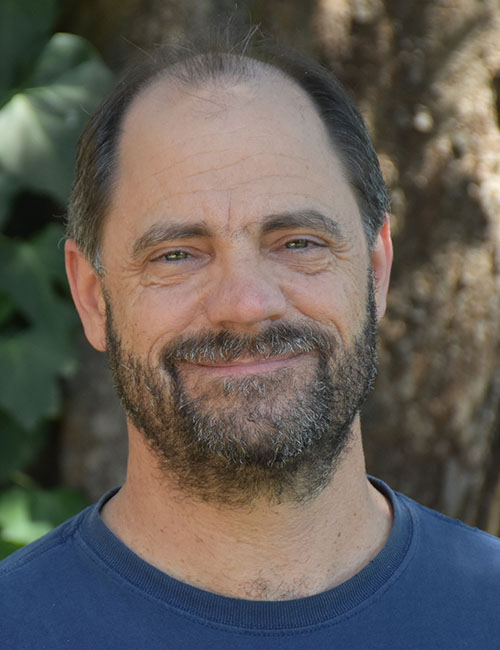Meet Alexander Day of history and East Asian Studies, who studies the intellectual, social, and cultural history of peasants, food and agrarian change in China. He teaches Chinese as well as East Asian and world history.
Tell us about the research you’re working on right now.
How do you incorporate your own research into your classes?
As I work on the history of tea production in a particular county in China, I have received many gifts of tea. I now teach some tea history in classes while I serve students different types of tea. A group from East Asian Studies and other departments held a faculty learning community event on research and teaching about tea last year as well. Bringing material objects into class can change the way students understand what it means to learn about history. More generally, researching the concrete history of labor, agriculture and production has helped me to think about how to discuss the materialist foundations of historical change in classes.
Talk about a proud moment you’ve had with one of your students.A few years ago, I worked with an East Asian Studies and economics double major on a project on financial reforms in China in the early 20th century. He said he saw a man named Arthur Young mentioned as a key advisor to the Nationalist government in China, and as he looked into it further Arthur turned out to be an Oxy grad and John Parke Young’s brother. Oxy’s Special Collections had letters from Arthur Young, and the student did an interesting project using the College collections and financial histories of China.
How does Oxy’s Los Angeles location influence or inform your teaching and research?
L.A. is a great place to do Asian Studies. It has one of the most vibrant and diverse Asian populations in the United States so it is easy to tie our location to the material I teach.
What are you doing when you’re not teaching or researching?
I love to go camping or hiking with my family. We go camping on average five times a year in the region. I grew up near the ocean and mountains in both Maine and New Zealand. I am so glad to be back in a place with both.


